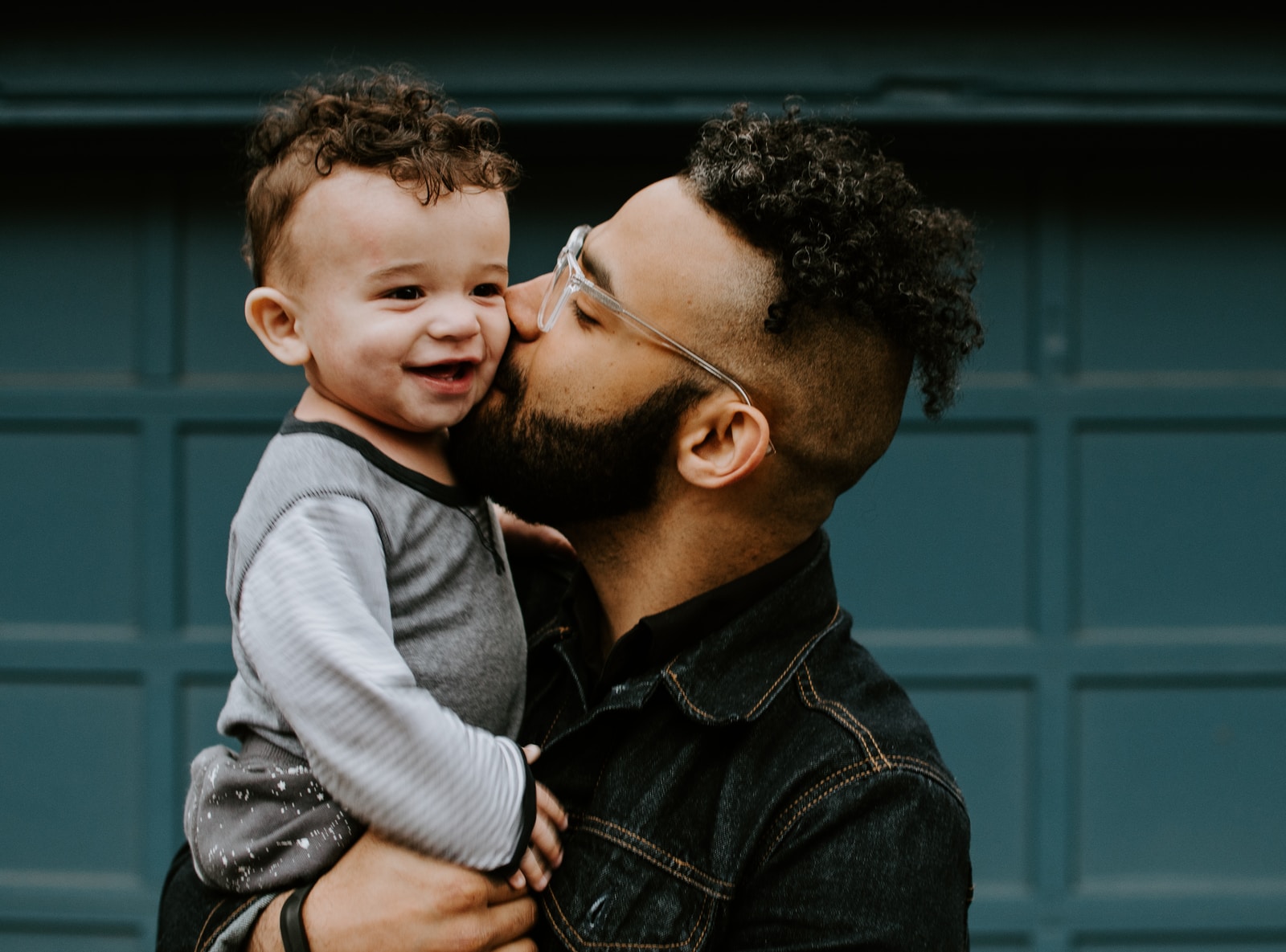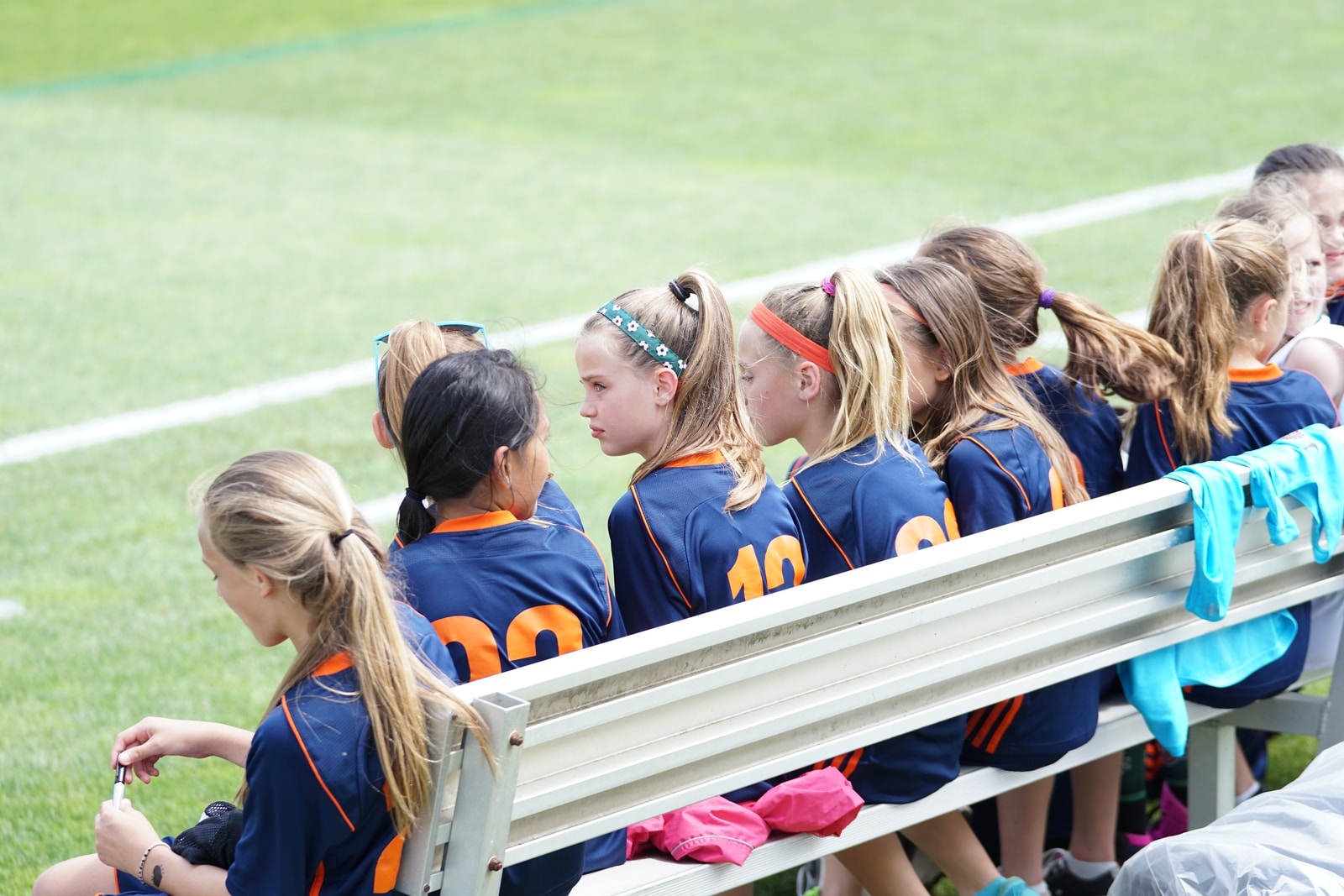When you love, you are acting according to your deepest being, your deepest truth, your true self.
For Jesus in the garden had one agenda that superseded the agendas of all the others: Love. On Friday, Jesus died for love. He said it was his choice.
During this time, we have good reason to be disappointed and frustrated, but we have even better reason to hope, for we serve the God of all comfort and provision.
Self-care is a necessity, not a privilege.
PETE BLISS, TH.D., D.MIN.
Q: What are the grief reactions faced by individuals who have experienced a suicide loss?
A: Survivors often experience a wide range of grief reactions, including some or all of the following:
- Shock is a common immediate reaction. You may feel numb or disoriented, and may have trouble concentrating.
- Symptoms of depression, including disturbed sleep, loss of appetite, intense sadness, and lack of energy.
- Anger towards the deceased, another family member, a therapist, or yourself.
- Relief, particularly if the suicide followed a long and difficult mental illness.
- Guilt, including thinking, “If only I had.…” Many survivors struggle to understand the reasons for the suicide, asking themselves over and over again: “Why?” Many replay their loved ones’ last days, searching for clues, particularly if they did not see any signs that suicide was imminent. Because suicide is often poorly understood, some survivors feel unfairly victimized by stigma. They may feel that suicide is somehow shameful, or that they or their family are somehow to blame for this tragedy.
Q: What are the complications faced by individuals grieving a suicide loss?
A: There are many complicated issues that can arise simultaneously with a suicide loss, resulting in further trauma. As a result, survivors of suicide loss are generally prone to avoidance. We do not want to discuss our loss, so we suffer in silence. Caregivers, loved ones, and significant others need to be assertive, but not smothering, as they attempt to support survivors on this most difficult journey. Some of the additional complications to suicide loss include:
- Talking with people about what happened
- Talking with children
- Funeral or memorial preparations
- Legal issues and law enforcement interaction
- Cause of death ruling delays
- Family disagreements
- Financial issues – Debt, Expenses, Income
Q: What was the response of the attendees at the Educational Suicide Loss Series?
A: The response of the attendees was very positive. The majority of attendees indicated that while support groups and individual therapy were needed and effective, they also wanted education on the topic. Several forged strong, healthy and supportive friendships with each other during the course of the series. Some comments included:
“Session 3 explaining the suicidal mind confirmed my thoughts about my son’s spiral into irrational thinking. The last session emphasizing gratitude and acceptance hit home. I will never be able to turn back time but I can live life for him and keep his memory alive for his children and me. Thank you for presenting a difficult yet informative series.”
“I really appreciated and connected with this group. Everything was presented from a totally different aspect. We all know we lost someone we love, but in the grieving process, it is hard to understand the workings of the mind and the “whys.” We just can’t grasp that they left us in such a tragic way. This group and the teachings taught me that when sharing with others, our pain eases somewhat. I feel I now have a better view inside a person that makes suicide the only option to ease the pain that he/she are bombarded with on an ongoing basis. I looked around the room
and saw pain, tears, compassion, courage, hope and a future.”
Q: Are there any resources that you recommend for individuals grieving a suicide loss?
A: We launched the long-awaited Cuyahoga County Survivors of Suicide Loss in July, which will be a very valuable local resource. Several websites have an abundance of valuable, practical information for loss survivors:
- American Association of Suicidology
- American Foundation for Suicide Prevention
- Survivors of Suicide
- If you are in crisis and need immediate help:
- Call Cuyahoga County’s 24/7 Suicide Prevention Crisis Hotline 216.623.6888
- Text “4Hope” to 741741
- Call 911
- Go to the Emergency Room
Cornerstone of Hope offers structured grief support groups as well as educational series led by professional facilitators.
Cleveland Location:
Suicide Loss Monthly Series | Learn More
Friday Night Suicide Loss Education Series | Learn More
Suicide Support Groups | Learn More
Columbus Location:
Suicide Support Groups – Learn More
Pete Bliss is the Founder/Coordinator, Cuyahoga County Suicide Postvention Response Team, which partners with the Cuyahoga County Medical Examiner’s Office to reach out to those most immediately impacted by suicide loss. He regularly provides suicide prevention and loss response training for law enforcement teams, first responders, and a wide array of other community service providers.
There is no right way to grieve. It is ok to feel immense sadness.
We may not be able to change our grief, make it move faster or go away, but we can choose to interact with it and be active in our own healing.
There is a time for everything, and a season for every activity under the heavens. There is a time to be born and a time to die, a time to plant and a time to uproot, a time to tear down and a time to build, time to weep and time to laugh, a time to mourn and a time to dance... Ecclesiastes 3:1-8
As we work with and support grieving children, we must be mindful of the fact that we are also guiding and supporting the parent or caregiver.
When we work with couples at Cornerstone of Hope, we usually talk about ways in which men and women grieve differently.
CLEVELAND
5905 Brecksville Road
Independence, Ohio 44131
(216) 524–4673
COLUMBUS
1550 Old Henderson Road
Suite E-262
Columbus, Ohio 43220
(614) 824–4285
LIMA
2963 Blue Jacket Court
Lima, Ohio 45806
(419) 581–9138
TELEHEALTH
Please call to schedule an online appointment.
© 2022 Cornerstone of Hope, Inc.
Site by Each+Every
Cornerstone of Hope is a 501(c)3.
All donations are tax-deductible.









